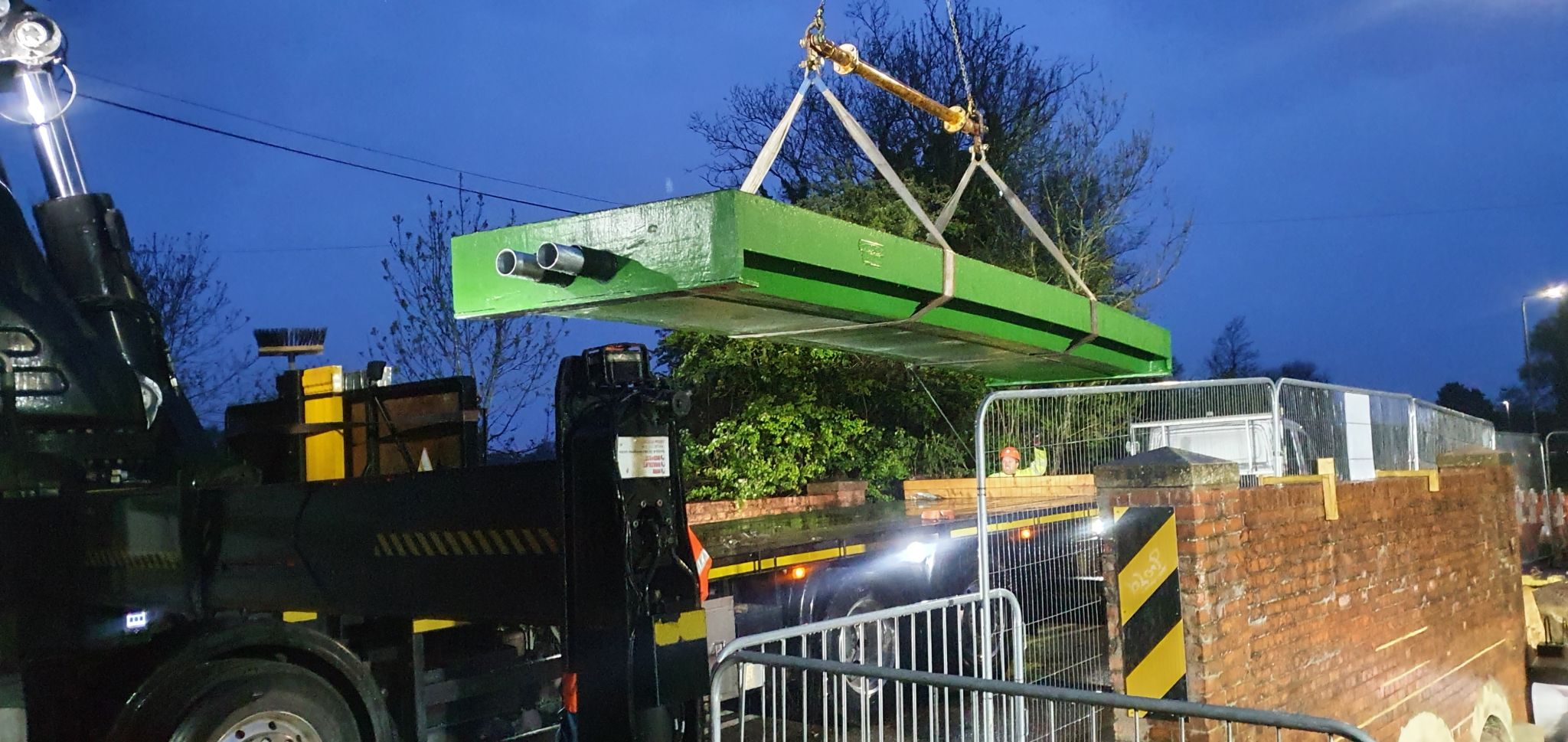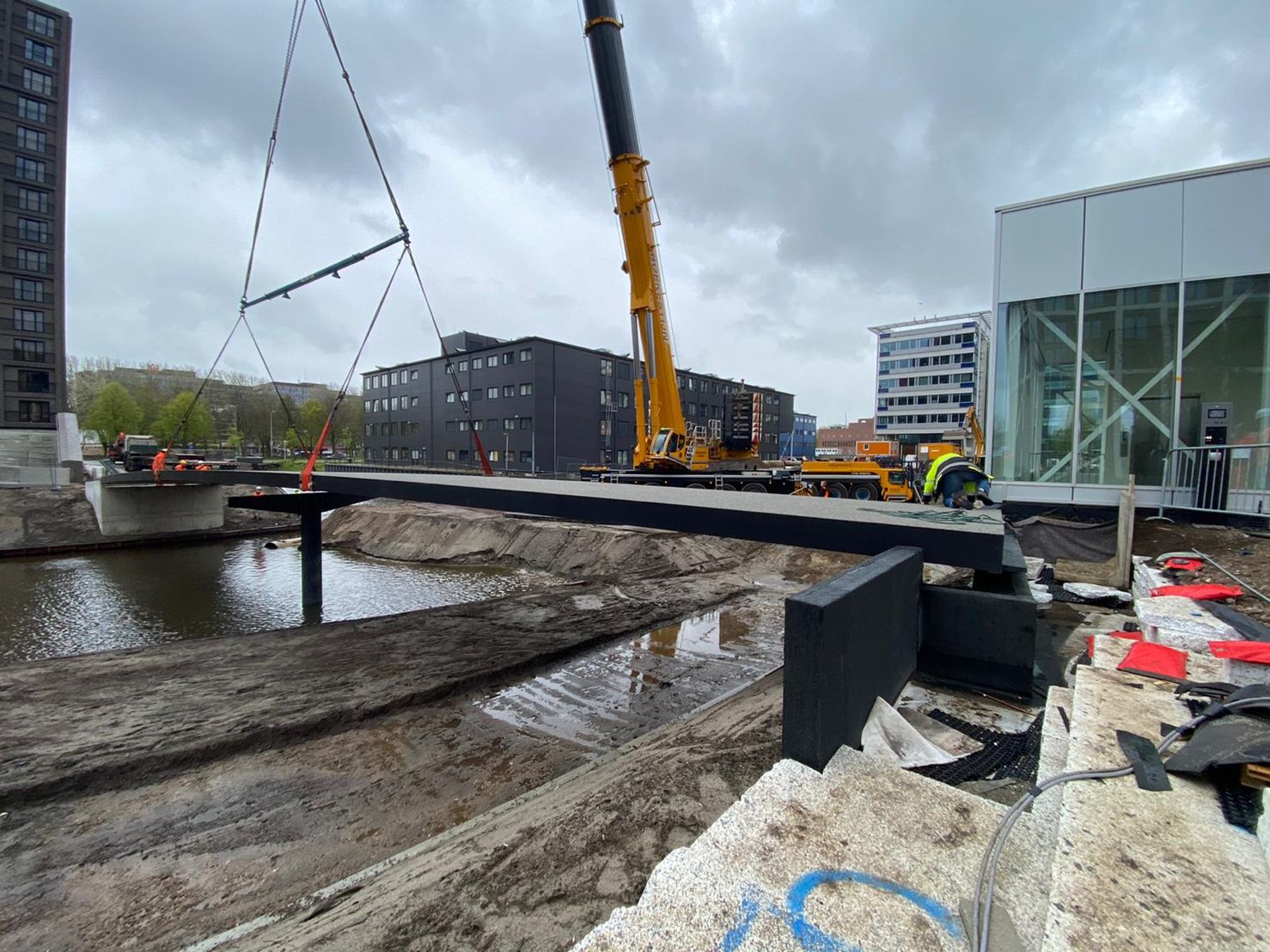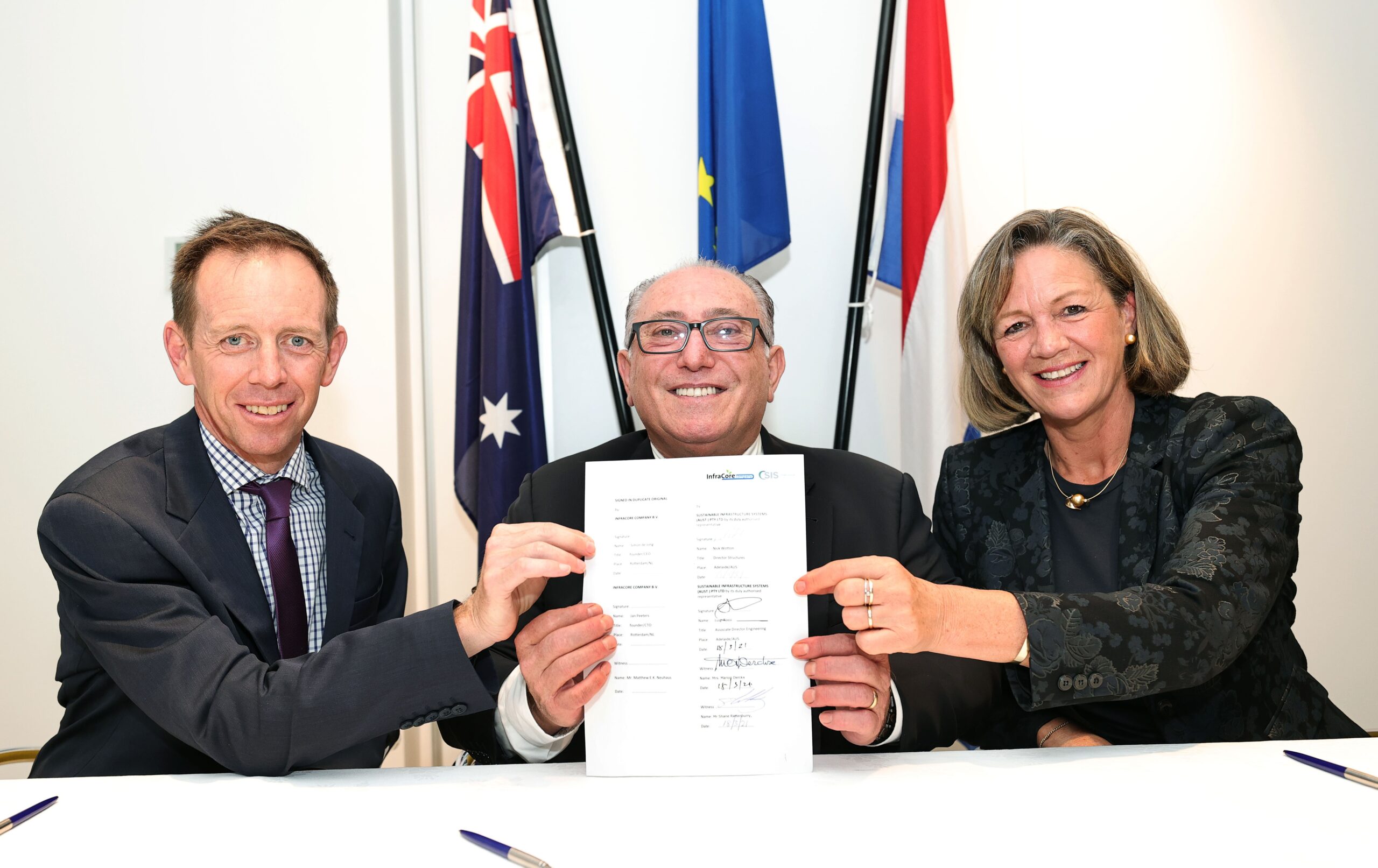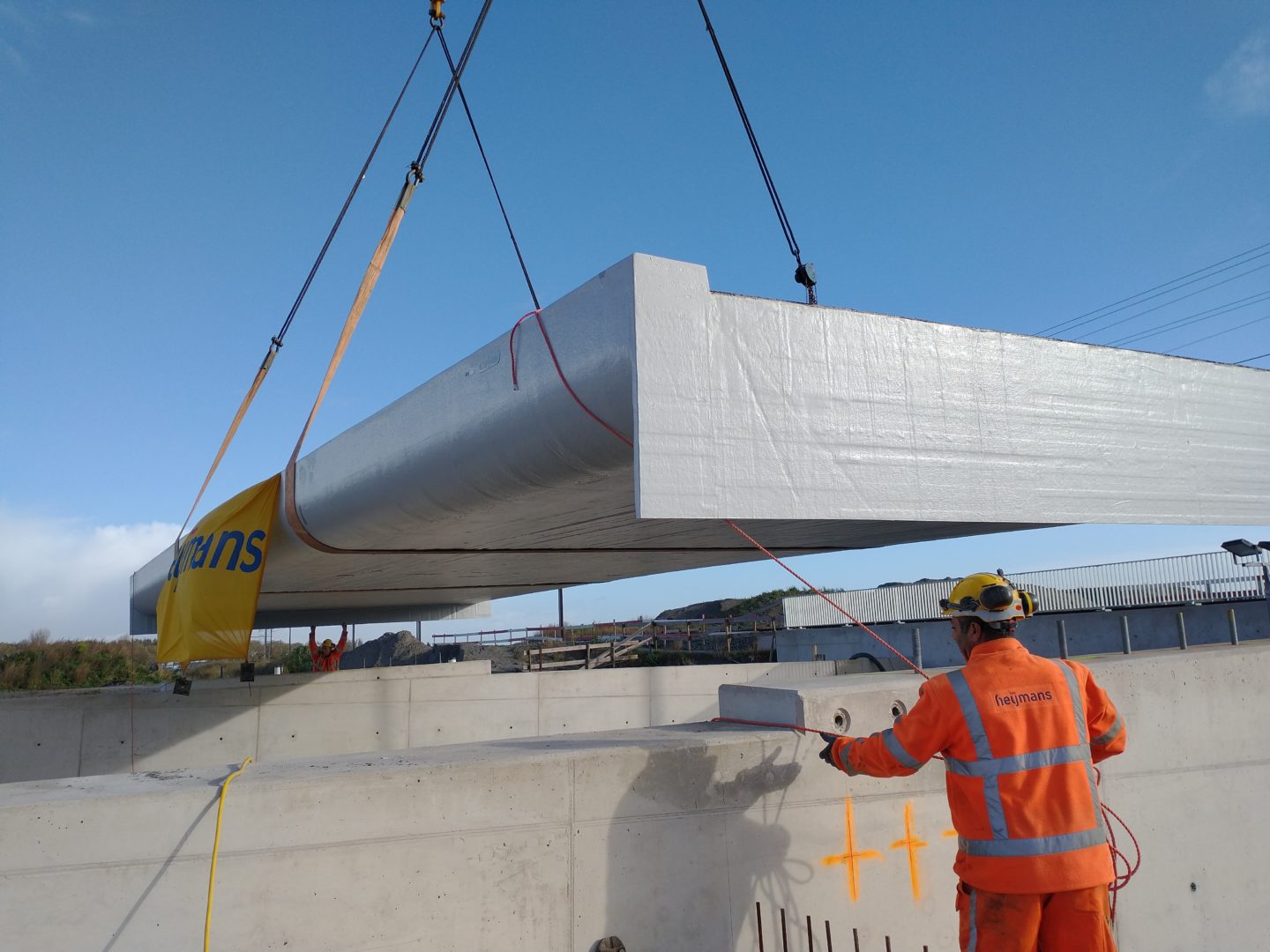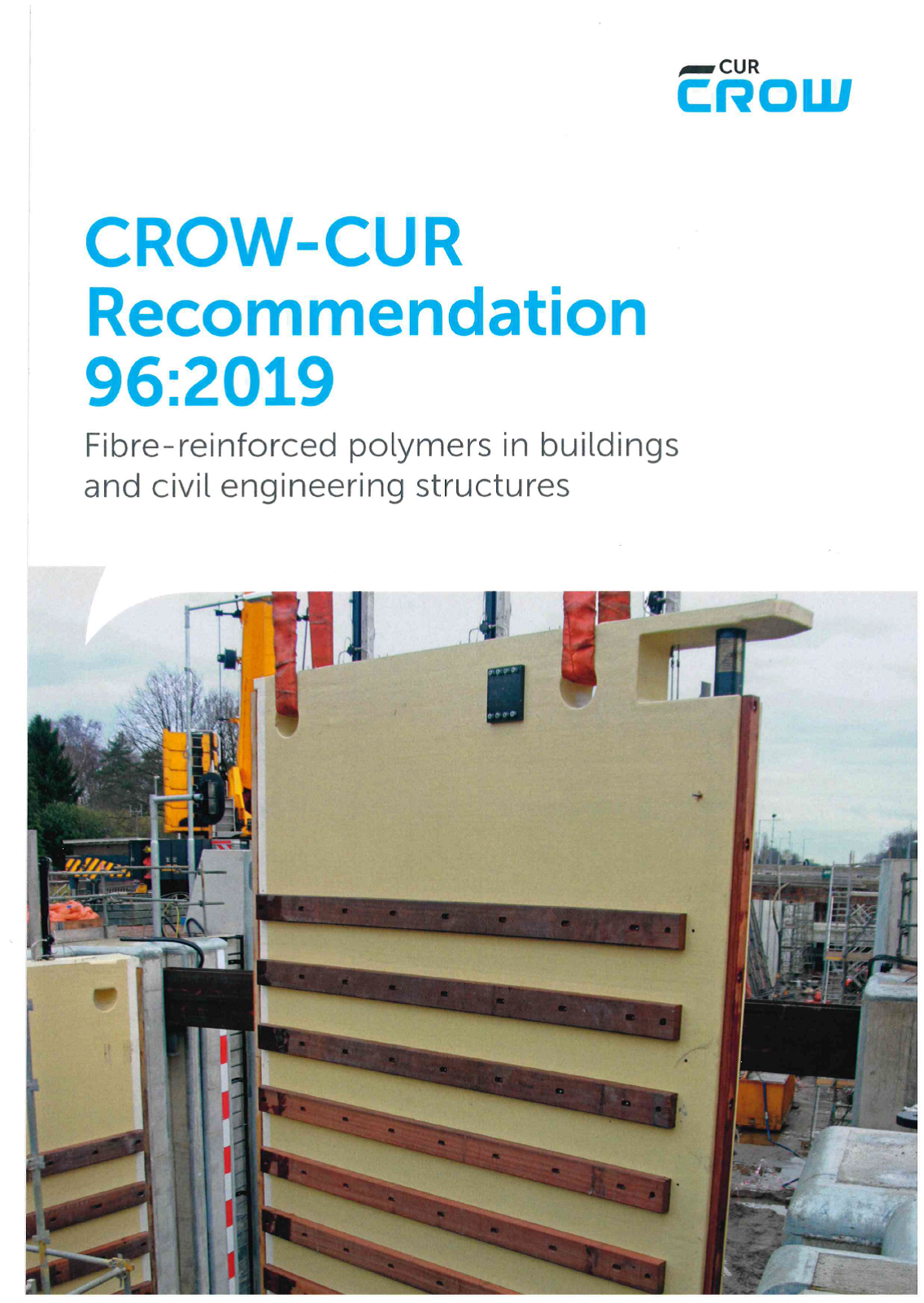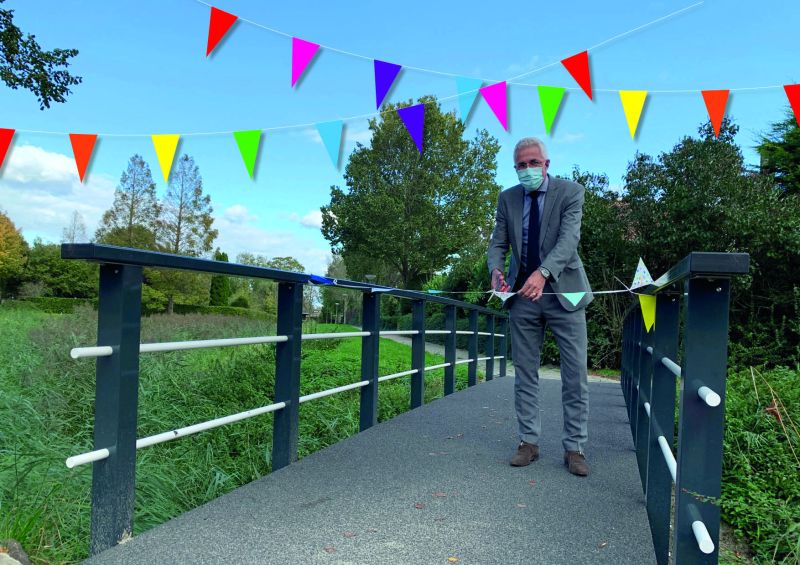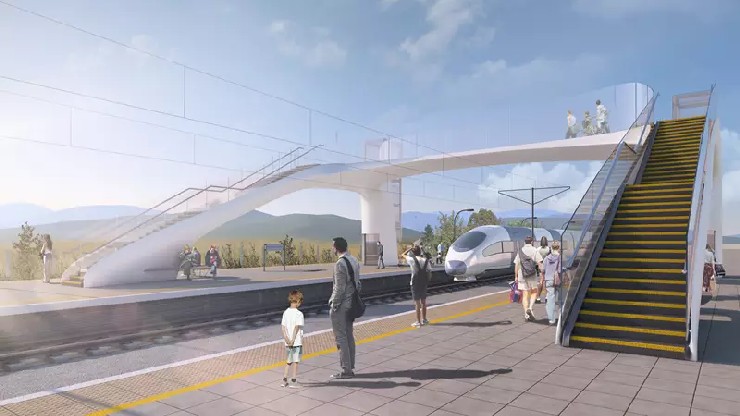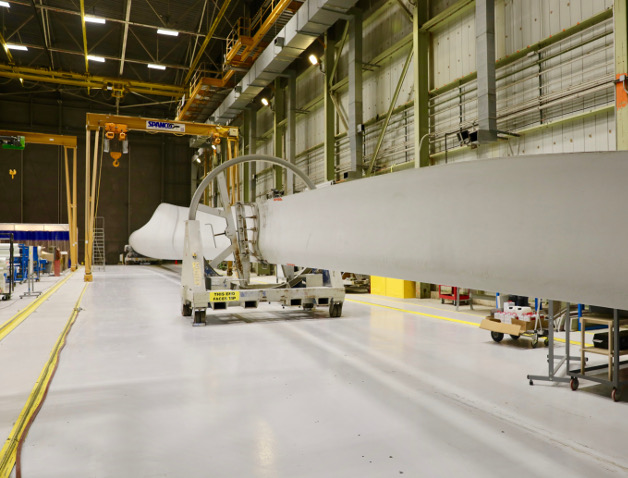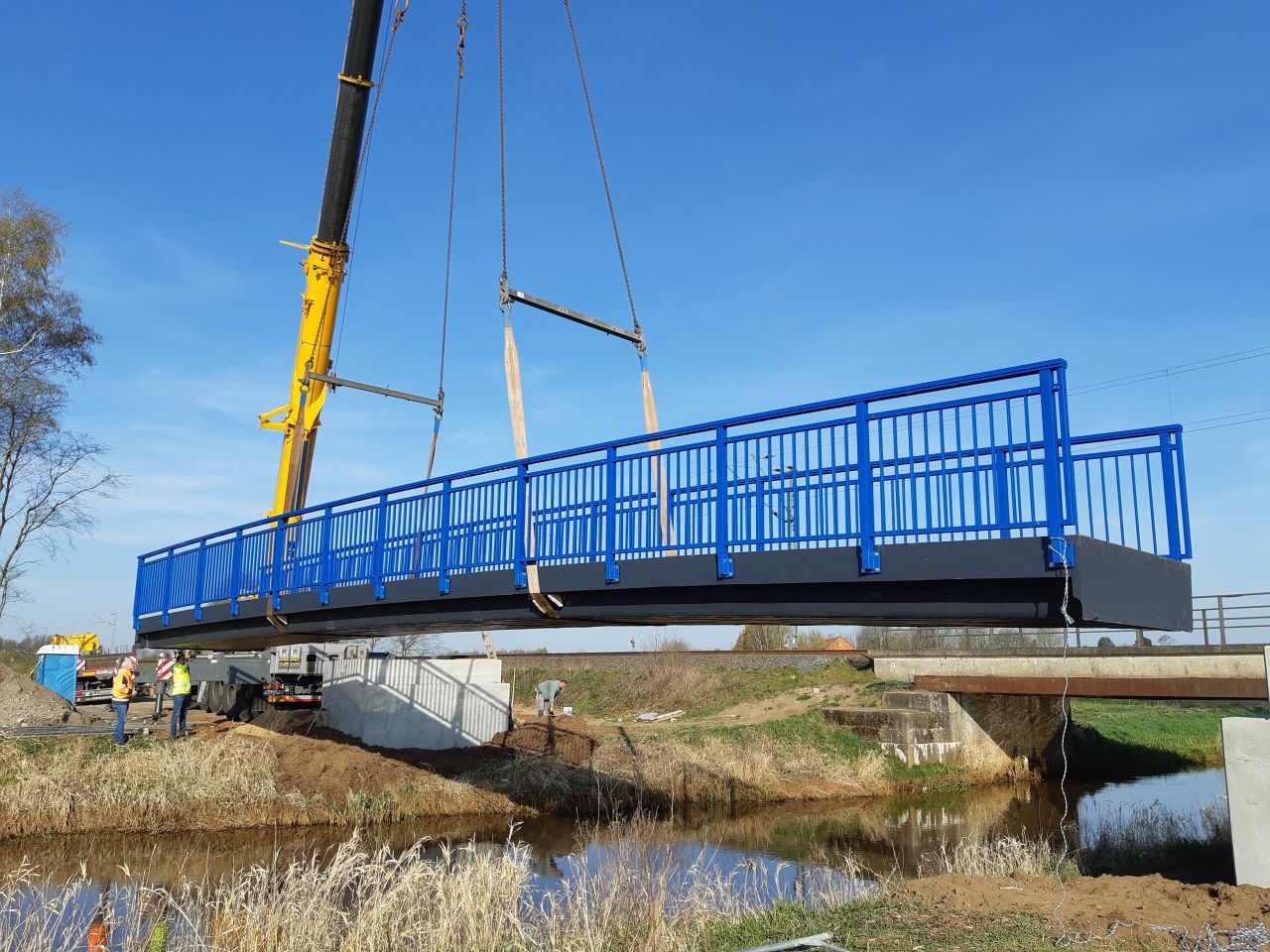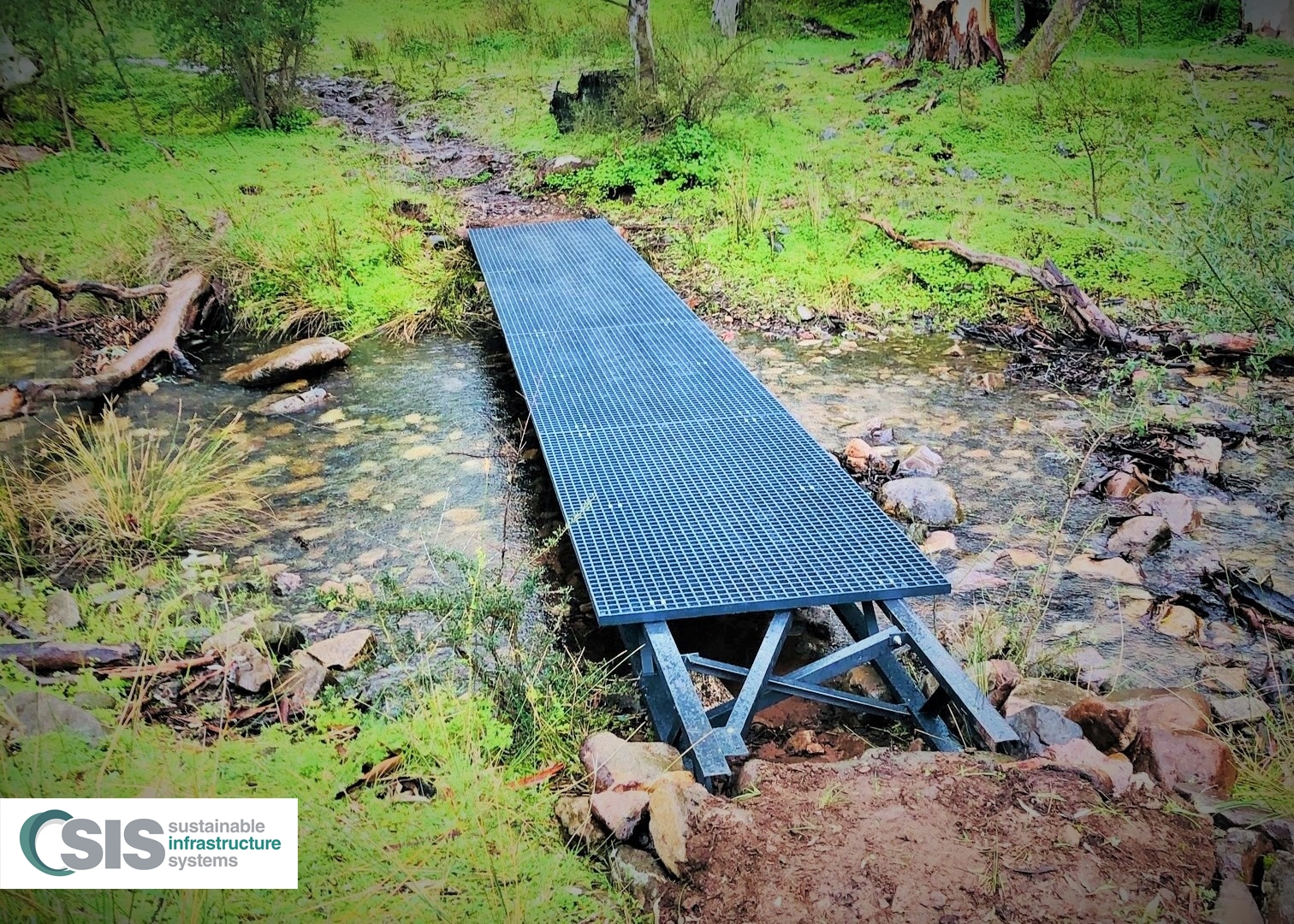A Exclusive Manufacturing licence agreement with Dutch company InfraCore was signed at the Netherlands embassy in Canberra, Australia, yesterday evening 18th March 2021. Production of revolutionary infrastructure in use across Europe will come to South Australia under a landmark manufacturing deal. In a collaboration between Australian company Sustainable Infrastructure Systems (SIS) and Dutch firm InfraCore Company, a national centre for the manufacture of lightweight fibre composite road and pedestrian bridges, and jetties will be established in Adelaide’s northern suburbs. The products will be distributed and installed throughout the Oceania region. Aside from creating employment opportunities, with up to 25 new jobs in the first 12 months, cutting-edge technology used in the material will be a game-changer in the way bridges and other structures are manufactured and installed in Australia, New Zealand and the Pacific islands. More than 1,000 structures – from pedestrian walkways to high-volume traffic and harbor bridges – have been installed in the Netherlands, Belgium, Poland, England, France, Italy, Sweden, Norway, China and the US. The environmentally friendly fibre-reinforced polymer (FRP) structures are light weight and incredibly strong, allowing for spans of up to 36 metres with a 100-year design life and maintenance-free system, based on a composite material of structural glass fibres in a thermoset resin matrix. Composites can be so strong that the automotive industry use this material for car components and most commercial aircraft manufactured today are constructed from more than 50 per cent composite materials. Former Transport Department general manager Luigi Rossi, who has guided some of South Australia’s biggest infrastructure projects, joined SIS in 2019 and is managing the FRP program for the company. Mr Rossi says while foam will initially be used for pre-forms in the manufacturing process, within 18 months the company plans to change to recycled post-consumer waste plastic, and introduce bio-resins to provide substantial environmental benefits. “This also is about reflecting the company’s ethos; to take environmental sustainability to another level in infrastructure,” Mr Rossi says. InfraCore presently builds its bridges and other structures in its factory in Rotterdam, the Netherlands, and delivers them prefabricated to construction sites worldwide. Currently, the company is designing ship hulls, rudders and decks for large sea-going vessels and energy systems using its InfraCore Inside technology. Under the agreement signed with SIS, the FRP bridges destined for Oceania can now be manufactured locally, providing economic benefits as well as environmental ones, and offering greater accessibility. Simon de Jong, InfraCore’s chief executive officer and founding partner, said the agreement with SIS, “will have a huge impact on the future of bridge building in Australia and New Zealand”. Marion Derckx, Ambassador to the Kingdom of the Netherlands, welcomed the agreement between innovative Australian and Dutch companies. “The Netherlands government congratulates SIS and InfraCore on this game-changing partnership,” Mrs Derckx said. “The manufacturing agreement upholds our values in sustainable practices. It demonstrates how significant employment and growth opportunities can be achieved through innovation. “As like-minded cultures, the enterprise symbolises Dutch ambitions in the Asia-Pacific region for future international collaborations.” SIS is in discussions with potential commercial partners to assist with the capitalisation of its Australian fibre composite manufacturing hub. “This will significantly reduce freight costs and lead times for our clients and will revolutionise the way bridges are manufactured and installed in our region,” Mr Rossi says. To learn more about SIS, visit https://sisau.com.au For more about InfraCore Company, visit https://infracore-company.com/
ACT Attorney-General and Emissions Reduction Minister, Shane Rattenbury, (L) with Sustainable Infrastructure Systems (SIS) Associate Director Engineering, Luigi Rossi, and the Ambassador to Australia of the Kingdom of the Netherlands, Her Excellency Mrs Marion Derckx.


